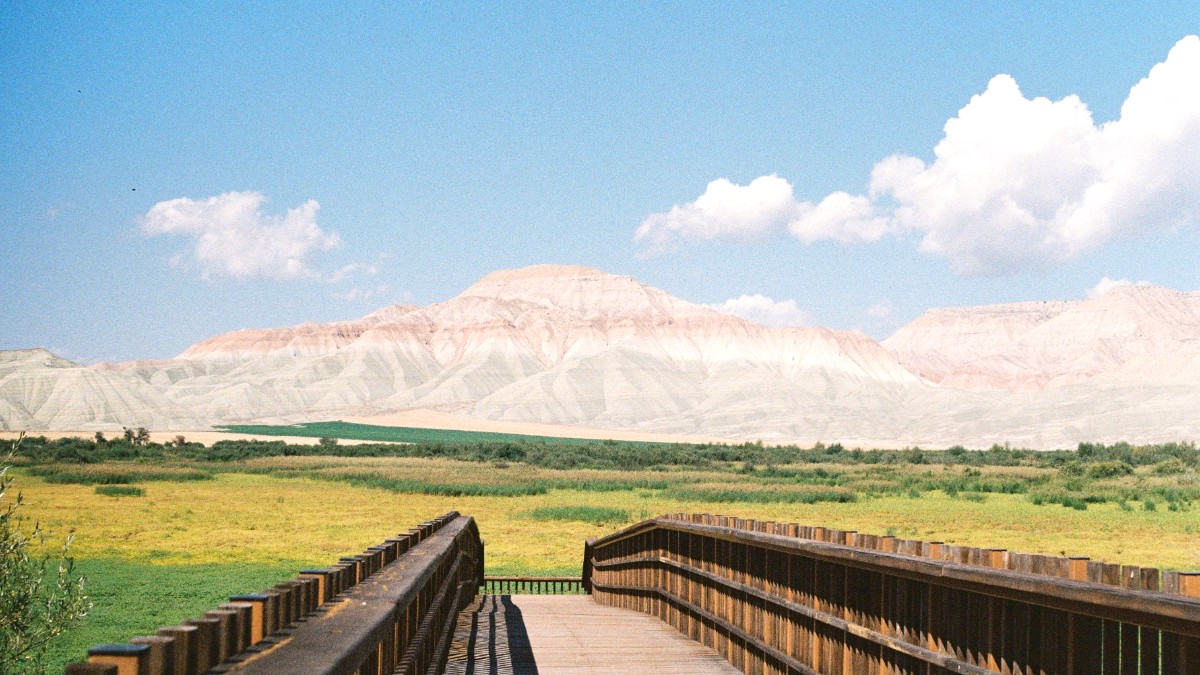
Central Anatolia, Turkey
Ankara’s climate has distinct seasons. This means your experience will vary significantly depending on when you travel.
Ankara does not experience monsoons or hurricanes. Extreme heat occurs in July and August, requiring hydration and Sun protection. Winters can be severe, bringing heavy snow and icy conditions. Plan your wardrobe accordingly for these seasonal variations.
Plan your visit according to these seasonal patterns for the best experience.
Ankara does not experience monsoons or hurricanes. Extreme heat occurs in July and August, requiring hydration and sun protection. Winters can be severe, bringing heavy snow and icy conditions. Plan your wardrobe accordingly for these seasonal variations.
Warm, sunny weather. Higher prices. More crowded.
Consistent warm, sunny weather. All attractions operate with extended hours.
Temperatures become very hot. Higher prices for accommodation and flights. Tourist sites and public spaces become more crowded.
Mild, pleasant weather. Fewer crowds. Lower prices.
Mild and agreeable weather. Fewer crowds than in summer. Prices for flights and accommodation are often lower. Spring brings lush greenery, and autumn has colorful foliage. Ideal for walking.
Expect occasional rain showers, especially in spring.
Fewest crowds. Lowest prices. Winter sports.
This period has the fewest crowds. You find the lowest prices for accommodation and flights. It also has an opportunity for winter sports at nearby centers like Elmadağ Ski Center.
The weather is cold, with significant snowfall. Some outdoor activities may have limitations. Daylight hours are shorter.
Many nationalities, including citizens of the USA, UK, EU Schengen Area, Canada, and Australia, apply for an e-Visa online. Use the official Turkish e-Visa website for this process. The e-Visa application is typically quick and straightforward. Some nationalities enter visa-free for specified periods; for example, German, French, and Spanish citizens can enter visa-free for 90 days within a 180-day period. Other nationalities obtain a traditional sticker visa from a Turkish embassy or consulate in their home country before traveling. Begin this process well in advance of your departure date.
Your passport must maintain validity for at least 6 months beyond your intended date of entry into Turkey. Some countries require even longer validity, like 150 days from the date of entry for e-Visa holders.
Validity of at least 6 months beyond entry.
Printed or digital copy of approved e-Visa.
Proof of onward travel plans may be requested.
Proof of your hotel reservation may be requested.
Proof of financial means to cover your stay.
Managing your finances is a big part of planning any trip. Ankara has options for various budgets, from frugal to luxurious.
The official currency is the Turkish Lira (TRY). Its symbol is ₺. You can exchange major currencies like USD, EUR, and GBP at banks, official exchange offices (Döviz Bürosu), and some post offices (PTT). Exchange offices often give better rates than banks or airport kiosks.
Tipping is customary in Turkey, but usually for good service. A tip of 5-10% is common for good service, especially in mid-range to upscale restaurants.
| Category | Budget Traveler (TRY/USD) | Mid-Range Traveler (TRY/USD) |
|---|---|---|
| Accommodation | 200-400 (7-14) | 800-1500 (27-50) |
| Meals | 250-500 (9-17) | 500-1000 (17-34) |
| Transportation | 50-100 (2-3) | 100-200 (3-7) |
Prepare for potential health concerns and understand local safety measures.
No specific vaccinations are required for entry into Turkey for most travelers.
Ensure all your routine immunizations are up-to-date. This includes MMR, Diphtheria-Tetanus-Pertussis, Varicella, Polio, and your annual Flu shot.
For all travelers, especially if you plan to eat outside major hotels or established restaurants.
Hepatitis B: For long-term stays or for those who might have direct contact with blood or body fluids.
Typhoid: For travelers visiting smaller cities or rural areas, or for those who are adventurous eaters and might consume food from less regulated sources.
Always check the latest travel advisories from your home country and the Turkish Ministry of Foreign Affairs before your trip, as requirements change.
Ankara has a comprehensive network of public and private hospitals. Private hospitals generally have higher standards of care and often have English-speaking staff.
Dial 112 for General Emergency (Ambulance, Police, Fire). Police: 155, Ambulance: 112, Fire: 110.
Pharmacies are widely available and easily recognizable by a red "E" or cross sign. Many common medications are available over-the-counter.
Here are some common issues and how to prevent them.
Ankara is generally a safe city for tourists.
Pickpocketing and bag snatching occur in crowded areas. Awareness around major tourist attractions like Ulus and Kizilay, and public transportation hubs. Keep valuables out of sight.
Be wary of common tourist scams (overcharging by unlicensed taxis, unsolicited "guides"). Agree on a price or insist on the meter in taxis.
Exercise caution late at night, especially if you are alone or in less-lit areas. Stick to well-populated and well-lit streets.
Travel insurance is highly recommended. A comprehensive policy covers medical emergencies, emergency evacuation, trip cancellation or interruption, and lost or stolen luggage.